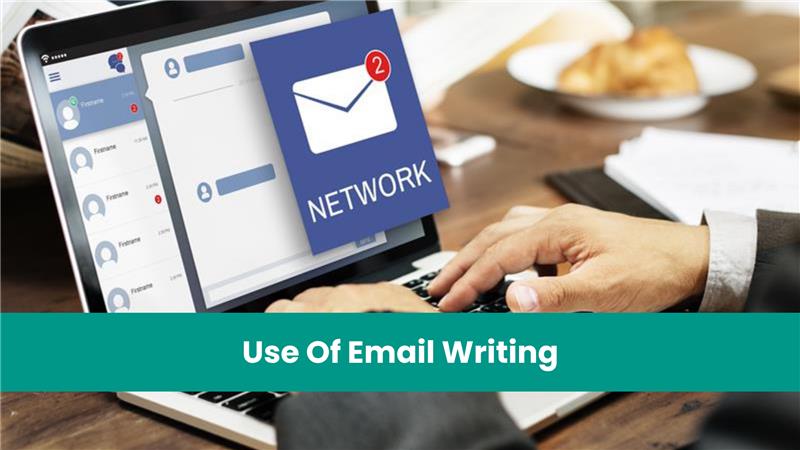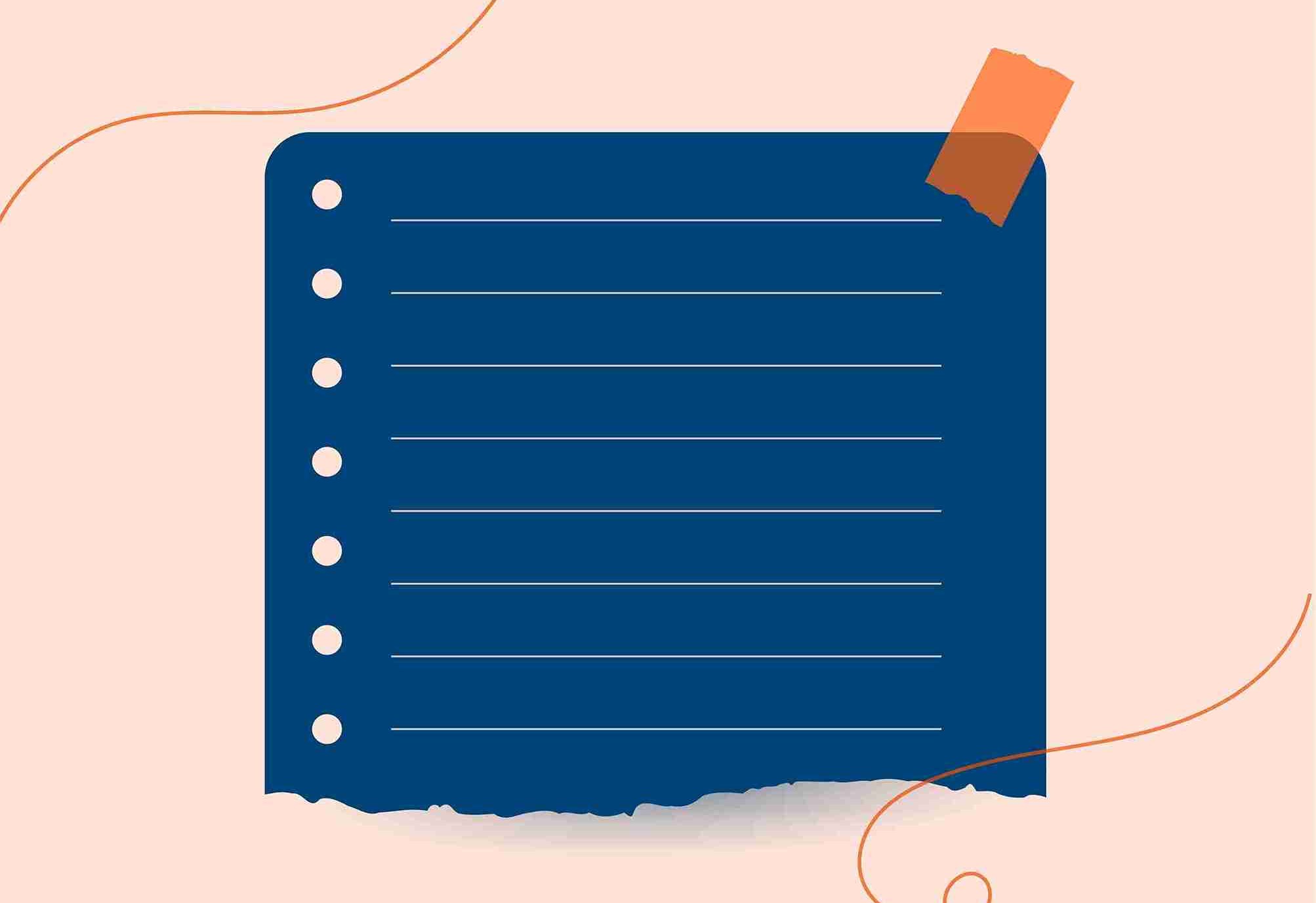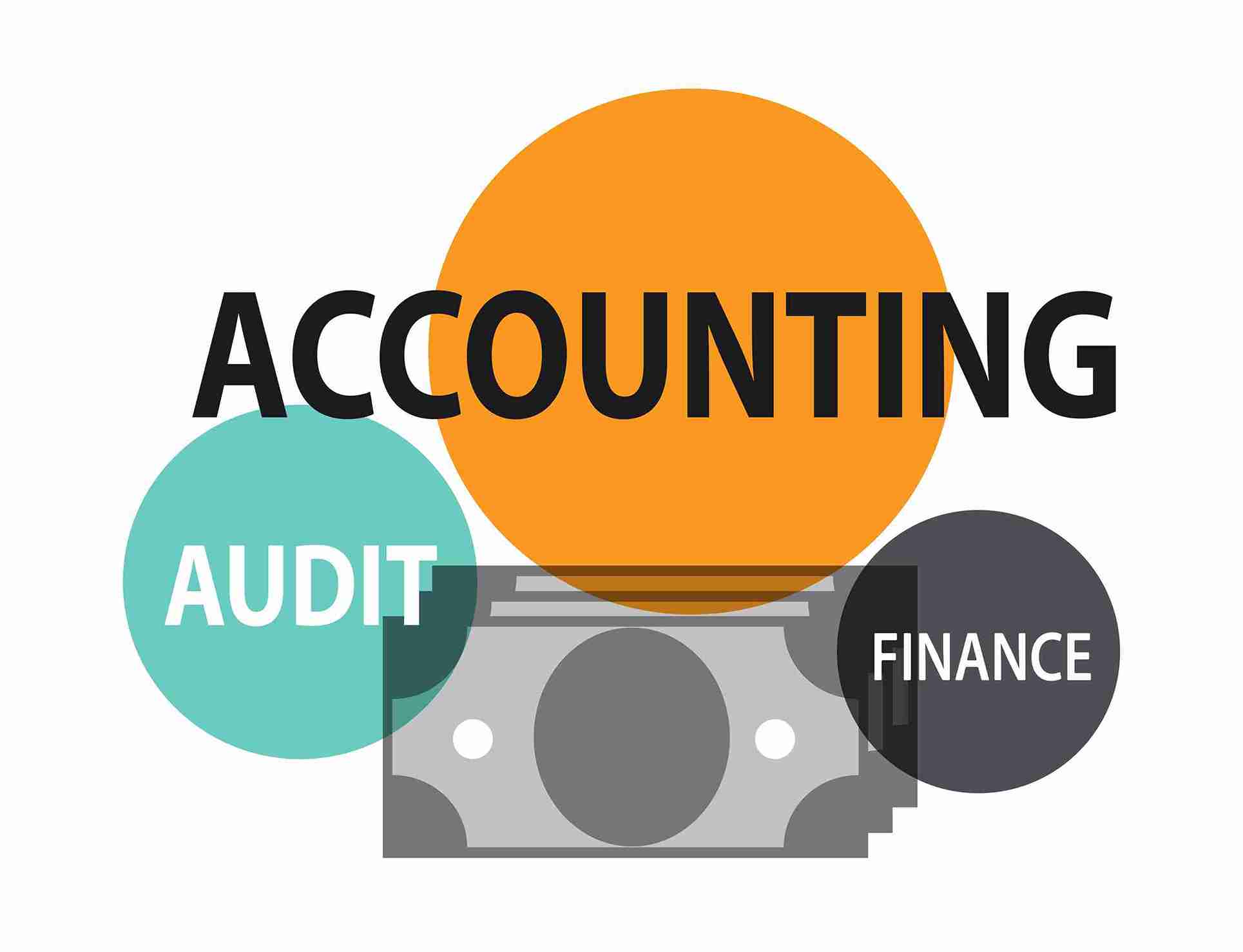In today’s digital world, email is one of the most essential tools for communication. Whether it’s used for personal messages, job applications or formal business dealings, email plays a critical role in connecting individuals across the globe. Hence, understanding email writing, its uses and importance is vital for both professional growth and daily convenience.
What Is An E-mail?
E-mail, short for Electronic Mail, is a digital method of sending messages through the internet. Unlike traditional letters, emails are delivered instantly, allowing users to send text, files, images, and documents within seconds. This instant delivery makes email widely used across professional, academic and personal settings.
People these days rely on email for communication more than ever, especially in workplaces and schools. Therefore, understanding how to write a business email and how to create a new email account has become a basic skill in the modern age.
What Is An Email Address?
An email address is a unique identity used to send and receive emails. It has three major parts:
- Username: A custom name created by the user (e.g., raj.sharma)
- @ symbol: Separates the username and domain
- Domain name: The service provider like Gmail and Outlook
Top 10 Uses Of Email Writing
Email is used across different industries and personal spaces. Below are the most common purposes for email:
1. Personal Communication – Stay in touch with friends and family through text and multimedia.
2. Professional Communication – Use email for team collaboration, client communication and official updates.
3. Job Applications – Most resumes and cover letters are shared via professional email IDs.
4. Education – Students and teachers share assignments, study materials and notice.
5. Banking And Finance – Banks send account updates, alerts and e-statements through email.
6. Marketing And Promotions – Businesses use email marketing campaigns and newsletters to engage with their customers. Emails also play a vital role in online shopping by providing order confirmations, tracking information and digital receipts.
7. Subscription Services – Register for online services and receive updates, notifications and account information.
8. Legal And Formal Use – Government and legal institutions send digital notices through email.
9. Document Sharing – Share documents, presentations and forms easily.
10. App Registration and Account Management – Create accounts for mobile apps, gaming platforms and software services, with email serving as the key login credential and recovery method.
How To Write An Email?
A properly structured email increases readability and response rate. Here’s how to structure an effective email:
1. Subject Line – Keep it short and relevant. Example: “Leave Request For Medical Emergency” or “Job Application – Marketing Executive.”
2. Greeting – Use formal greetings like “Dear Mr. Sharma” or informal ones like “Hi Raj,” depending on the context and purpose.
3. Email Body – The main section should be clear and divided into short paragraphs. Explain your purpose briefly, stay polite and avoid unnecessary details.
4. Closing & Signature – Use professional phrases like “Regards,” or “Sincerely,” followed by your name, designation and contact details.
Professional Email Example
Subject: Application for the Position of Software Developer
Dear Hiring Manager,
Hope you are doing well. Myself Raj Sharma, a Btech Engineer with 3 years of hands-on experience in Java and Python development would like to apply for the Software Developer role at ABC Tech. I believe I am a suitable candidate for this position given my experience and knowledge in the field.
I enclose herewith my resume for your reference. I am looking forward to your reply and discussing my application further.
Best Regards,
Raj Sharma
rajsharma@email.com
+91-98-XX-XXXX
Advantages Of Email Communication
- Instant Delivery: Send messages across the world within seconds
- Record Keeping: Emails serve as written documentation
- Cost-effective: Free to use with no postage or printing required
- Device Friendly: Accessible on phones, tablets and laptops
- Security Features: Many platforms offer encryption, two-factor authentication and spam filters
Conclusion
Email continues to be a powerful, accessible and professional way to communicate. From sending resumes to managing clients, email is everywhere. Whether it’s for applying for jobs, managing work tasks or simply staying in touch, mastering email writing is a modern-day necessity.
FAQs
Q1. How do I start a formal email?
A-Begin with a polite greeting like “Dear Sir/Madam” and a direct subject line explaining the purpose of the message.
Q2. What should be avoided in professional emails?
A- Avoid slang, emojis, long paragraphs, unclear subject lines and writing in all caps.
Q3. How to create a professional email ID?
A- Use a combination of your name and a recognized domain. For full guidance, refer to our blog on how to create a new email.
Q4. Can I use the same email for personal and professional use?
A- It’s better to keep personal and professional emails separate to maintain clarity and privacy.






 Facebook
Facebook Instagram
Instagram Twitter
Twitter